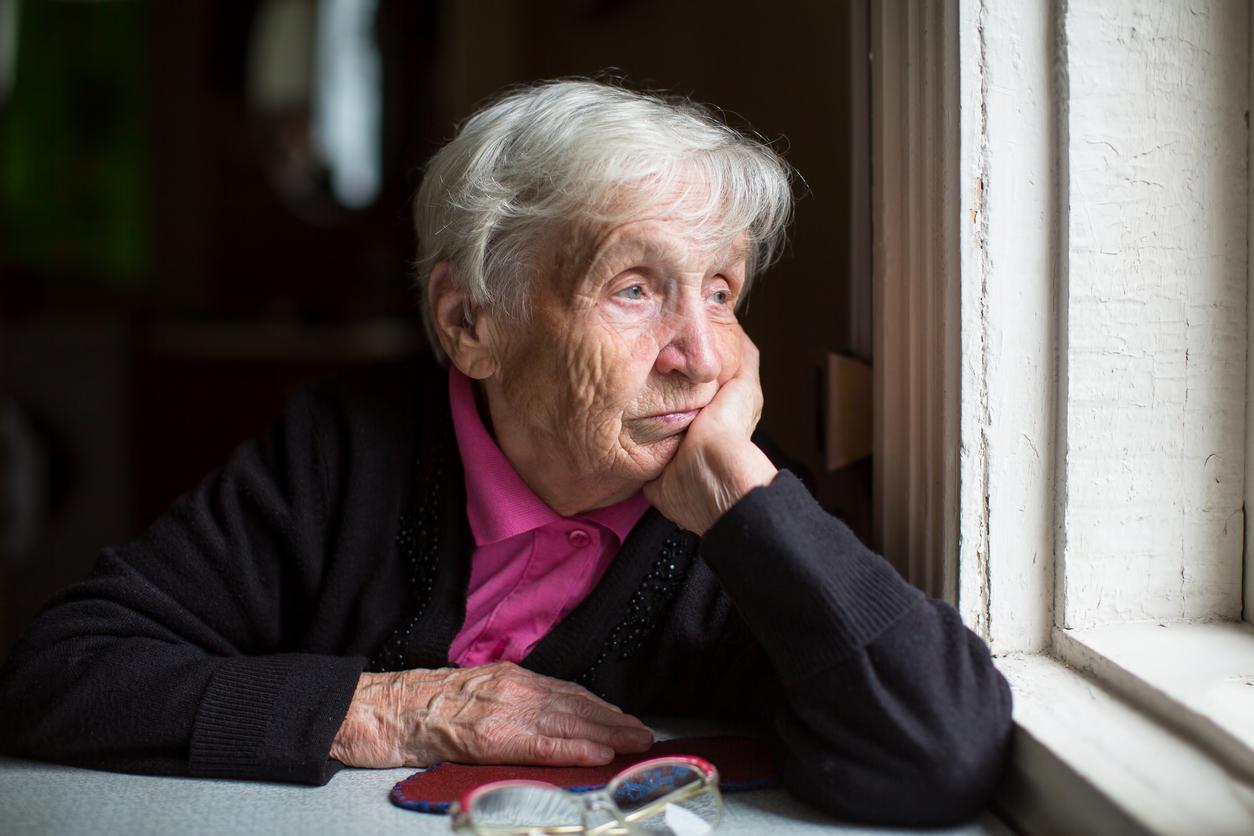The right to be forgotten for former cancer patients has been confirmed, announces INCa. The associations are disappointed, because it concerns only 1,800 patients out of the 350,000 concerned.

To approach appointments with the bank or with your insurer more calmly, the right to be forgotten was a commitment of the 2014-2019 Cancer Plan, particularly awaited by patients. According to the National Cancer Institute (INCa), it materializes on Wednesday with the signing of an addendum to the AERAS agreement (“Insure and Borrow with an Aggravated Health Risk”) between different ministries and federations banking, insurance and mutuality professionals and associations of patients and health users.
All pediatric cancers will be forgotten
Concretely, the text signed today brings a new principle, “that of non-declaration of his cancer by a borrower when applying for a loan, in two cases”.
On the one hand, for a borrower whose cancer was diagnosed before and up to the age of fifteen and whose treatments were completed 5 years ago. “This allows children who have become adults to carry out relatively young financial projects”, rejoices INCa in a Press release. On the other hand, for a borrower whose therapeutic protocol has been completed for more than fifteen years, regardless of the cancer from which he has been affected.
In practice, borrowers meeting one of the two criteria no longer need to declare their cancer history on the first health questionnaire accompanying the loan application. A victory for patients? Not really, because for patient associations, we are still far from the mark.
Insurance surcharges of up to 1,000%
Contacted by Why actor, Catherine Cerisey, co-founder of Patients & Web and vice-president of Cancer Contribution, confides: “The government’s promise was an announcement effect. When you scratch the signed text a little, you realize that this rider only concerns children under the age of 15, that’s fine, but why 15? “She adds that for cancer patients who have been cured for 15 years, who are also concerned, the delay is too long,” huge “according to her. “Me, I was sick at 37, and I finished my treatment at 45, which means that I will not be able to borrow until 60 years old. Between us, who is going to lend me money at 60? », She calls out.
For this activist, this measure is all the more discriminatory as the incidence of cancer mainly concerns people over the age of 50.
To summarize, many patient associations today agree that of the 350,000 people who should be affected by the right to be forgotten, only 1,800 patients will in fact be able to benefit from it, mainly children suffering from cancers.
“We are very far from the account, especially if we add the chronically ill who suffer the same discrimination”, insists Catherine Cerisey. For her, “the majority of these patients (or former patients) will still be forced to contract bank loans with insurance premiums of up to 1000%”. “For many of them, this is crippling,” she concludes.
.















